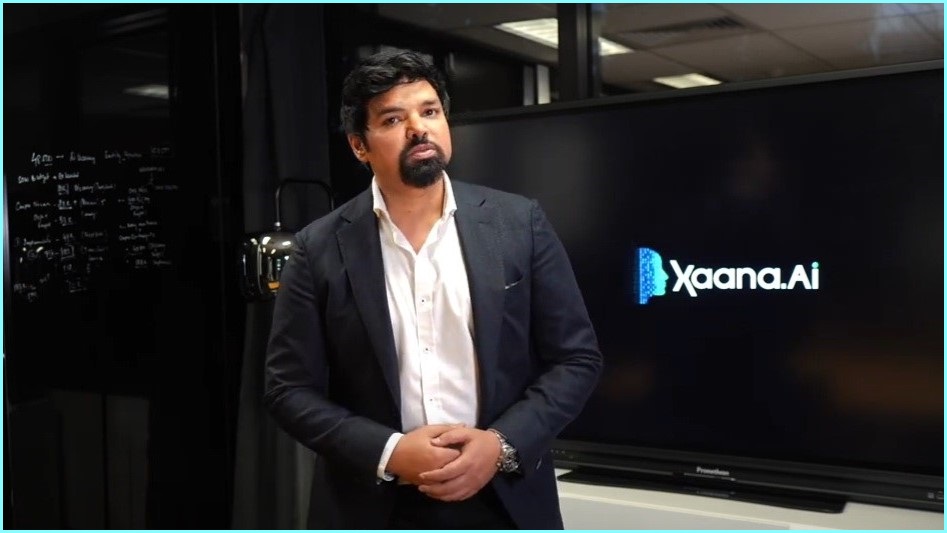The federal government’s “dependence” on large overseas tech vendors is “stifling” the development of local artificial intelligence companies and hampering attempts for Australia to realise the full economic potential of the technology, a Senate inquiry has heard.
The Select Committee on Adopting Artificial Intelligence held two public hearings in Canberra last week, hearing from a range of tech companies, human rights bodies, and experts on the technology.
A number of local AI tech companies appeared before the Senators on Wednesday morning.
In their submissions to the inquiry, these tech firms raised significant concerns over the federal government preferring global tech multinationals in AI-related procurement, and shying away from working with the local sector.
Xaana.ai CEO and founder Dan Saldi appeared before the committee last week, and in a submission, the AI and quantum company lamented an unwillingness from the government to back local firms.
Saldi said that Xaana.ai has had “numerous meetings” with, and given demonstrations to, the Australian Public Service and has received genuine interest, but encountered significant hesitancy from the government to work with local AI companies.
“Despite the interest and positive feedback from demonstrations, there remains a significant hesitancy to commit to purchases,” Saldi’s submission said.
“The shadow of the Robodebt scandal looms large, with agencies being exceedingly cautious about how they implement new technologies that automate or significantly influence decision-making processes involving the public.”
Saldi also claimed that public servants are requesting for AI to be “downplayed” or not mentioned at all in public-facing and internal communications.
“Agencies are keen on leveraging the benefits of AI while minimising any associations that might evoke past controversies,” Saldi said.
Look in our own backyard first
Nuvento, a Canberra-based big data and AI company, also told the Senate Committee of its difficulties in engaging with government departments and agencies.
“While this momentum to investigate the use of AI is substantial, there remains a systemic perception that only internationally recognised providers have the answers, when in fact we should be looking first in our own backyard,” Nuvento directors David Hohnke and David Sheard said in their submission.
“Nuvento has experienced this perception first-hand on numerous occasions.
“While Nuvento has taken a totally unique approach with our AI solution, scepticism remains amongst government agencies and officials about the tool’s capability and the fact a local Australian company could or has come up with a solution that major vendors simply cannot provide.”
Nuvento has developed an AI tool to analyse, summarise and generate data, dubbed Nu42. The company said this has generated “substantial” interest from the private sector but has struggled to gain interest within governments.
The company’s directors called for better education around AI in the public service to better grow the sovereign AI industry in Australia.
‘Monopolistic control’
The companies said these issues were typified with the announcement late last year of a six-month trial of Microsoft’s Copilot generative AI tools within the public service.
Prime Minister Anthony Albanese announced the trial last November, with public servants utilising Microsoft’s generative AI tools incorporated in its offerings such as Word, PowerPoint, Excel and Outlook.
Saldi said deals like this with large tech companies has led to a “monopolistic control over AI technologies”.
“This dependence on foreign AI solutions stifles the growth and competitiveness of local AI firms and undermines the development of a sovereign AI industry in Australia,” Saldi said in the submission.
“Trials involving significant data interactions with international firms raise serious concerns about data sovereignty.
“The use and storage of sensitive government data by entities governed by foreign laws could pose risks to national security and privacy.”










